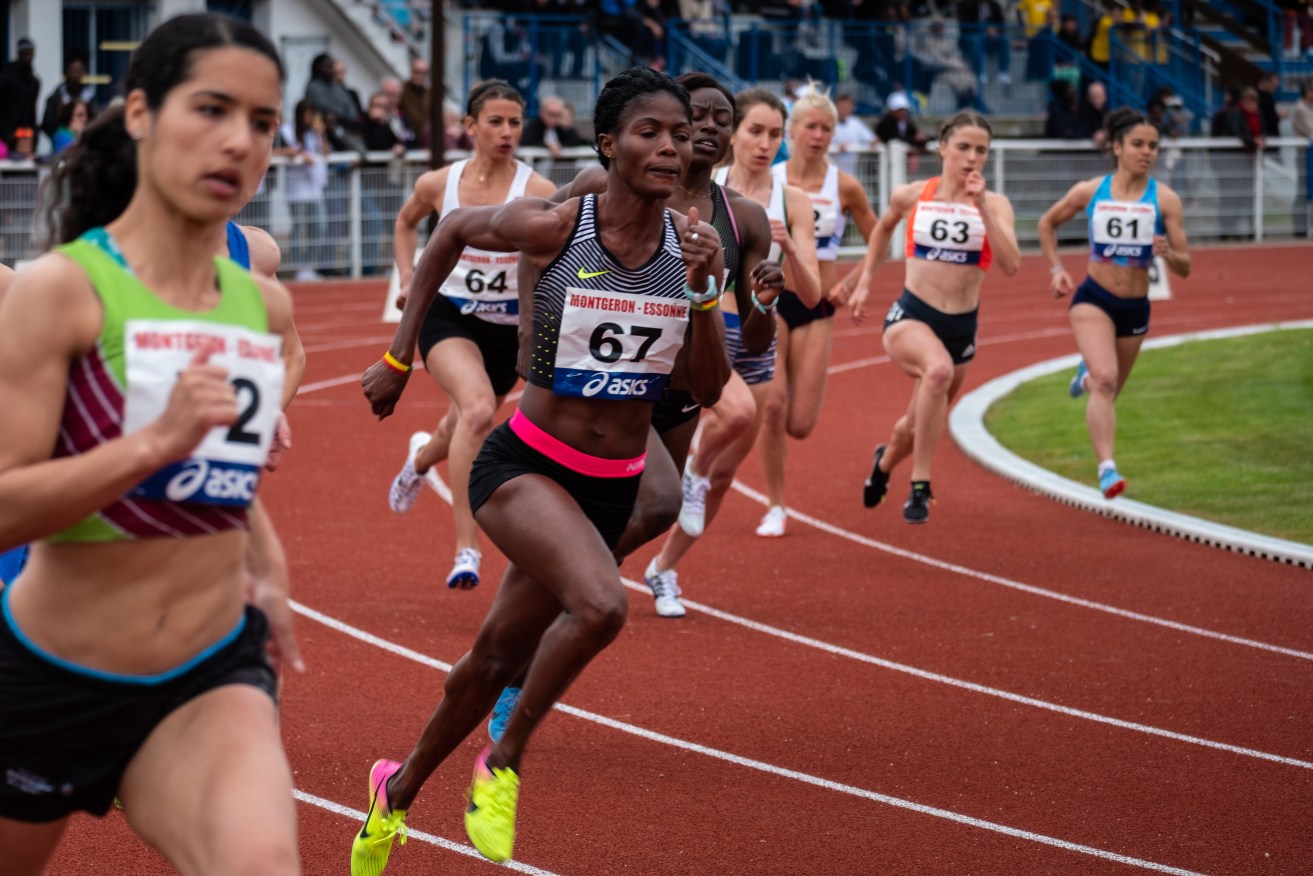Transgender decision ‘will mean challenges left, right and centre’
The move by swimming’s world governing body to restrict the participation of transgender athletes in elite competition is likely to herald a range of legal challenges “left, right and centre” as other sports are forced to deal with the issue, a sports law expert says.


World Athletics president Lord Sebastian Coe said his organisation was likely to review its transgender eligibility policies before the end of the year. (Image: Nicolas Hoizey/Unpslash)
Brisbane lawyer Tim Fuller said FINA’s policy on transgender competitors would likely have to remain unique to elite swimming, with other sporting bodies needing to consider their own circumstances before deciding on a policy.
Fuller, special counsel at law firm Gadens, said the issue of transgender athletes would be “very challenging” for sports chiefs to deal with.
“There will be legal challenges left, right and centre and probably in a variety of sports,” he said.
“A decision (on transgender policy) in, say, rugby, is going to be very different from a decision affecting fencing or archery.”
He was speaking following FINA’s decision to require transgender competitors to have completed their transition by the age of 12 in order to be able to compete in elite women’s competitions.
That move followed the International Olympic Committee’s release of guidance last year on transgender and intersex athletes, leaving it to indivudla sporting bodies to decide which athletes to restrict.
The IOC said at the time that its new framework on “fairness, inclusion and non-discrimination on the basis of gender identity and sex variations” was aimed at fostering gender equality.
However, Fuller said whatever policies individual sporting bodies came up with would never satisfy everyone.
“The IOC framework is really insufficient as a guide to individual sports wanting to develop their own policies,” he said.
He said the policy developed by FINA came after a thorough process involving medical experts, lawyers and those involved in the sport itself.
But he said that given there were about 80 different gender definitions no policy would be able to cope with that level of diversity involved in sport.
Following FINA decision, the International Rugby League opted to ban outright transgender players from competing at events such as the upcoming women’s World Cup until further research was done on the issue.
World Athletics president Lord Sebastian Coe said his organisation was likely to review its transgender eligibility policies before the end of the year.
Coe told the BBC it was important to protect the integrity of women’s sport, saying “if it’s a judgement between inclusion and fairness, we will always fall down on the side of fairness”.
“We see an international federation asserting its primacy in setting rules, regulations and policies that are in the best interest of its sport,” he said.
“This is as it should be. We have always believed that biology trumps gender, and we will continue to review our regulations in line with this. We will follow the science.”












